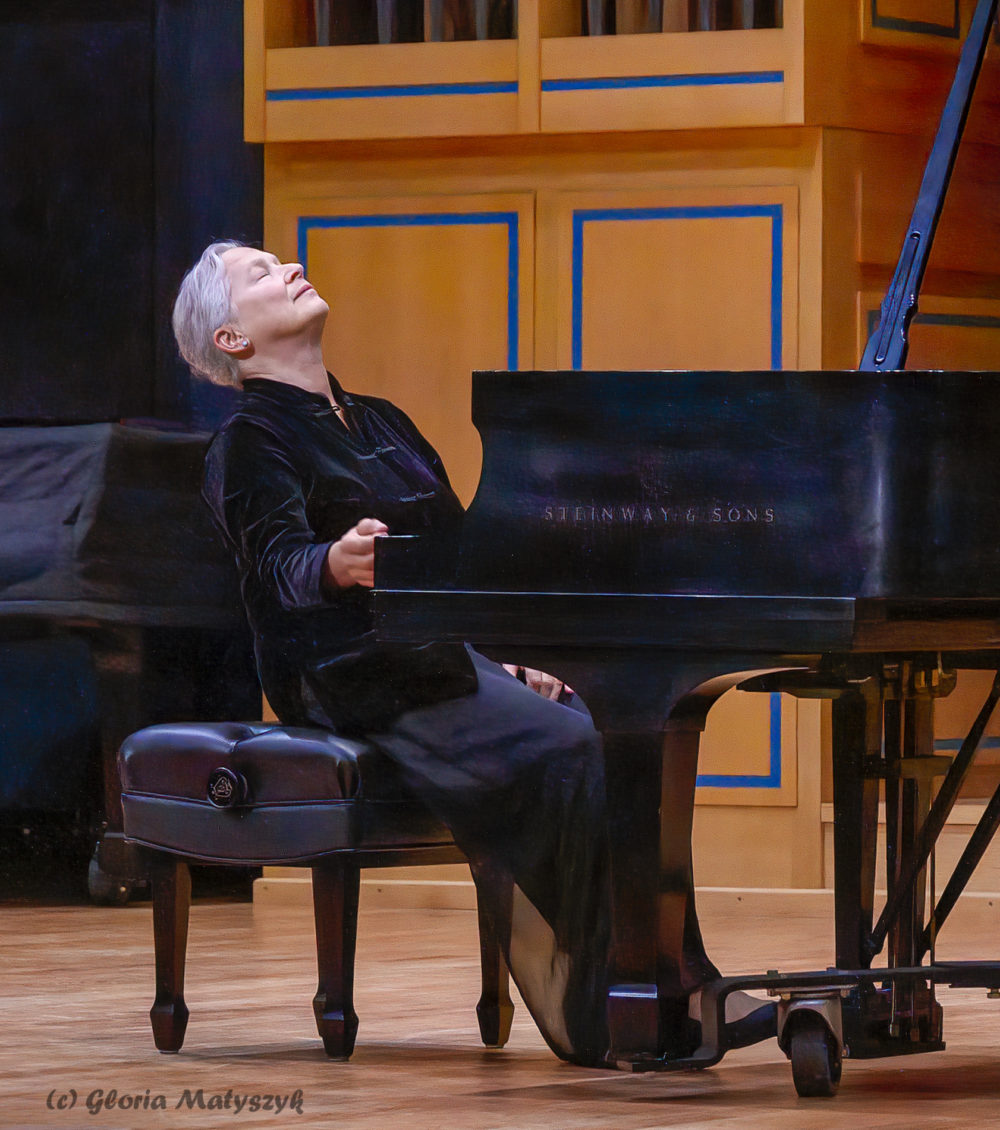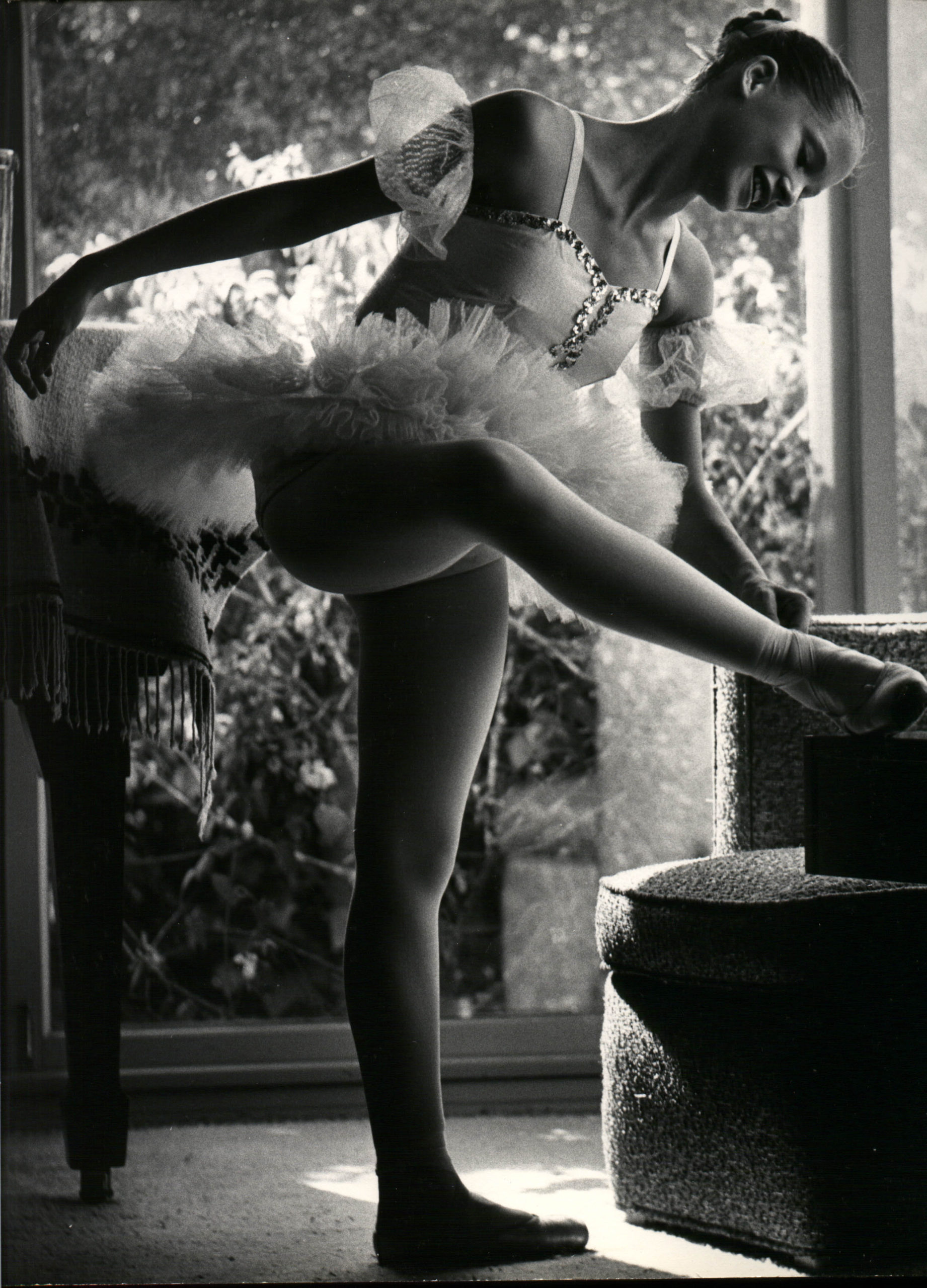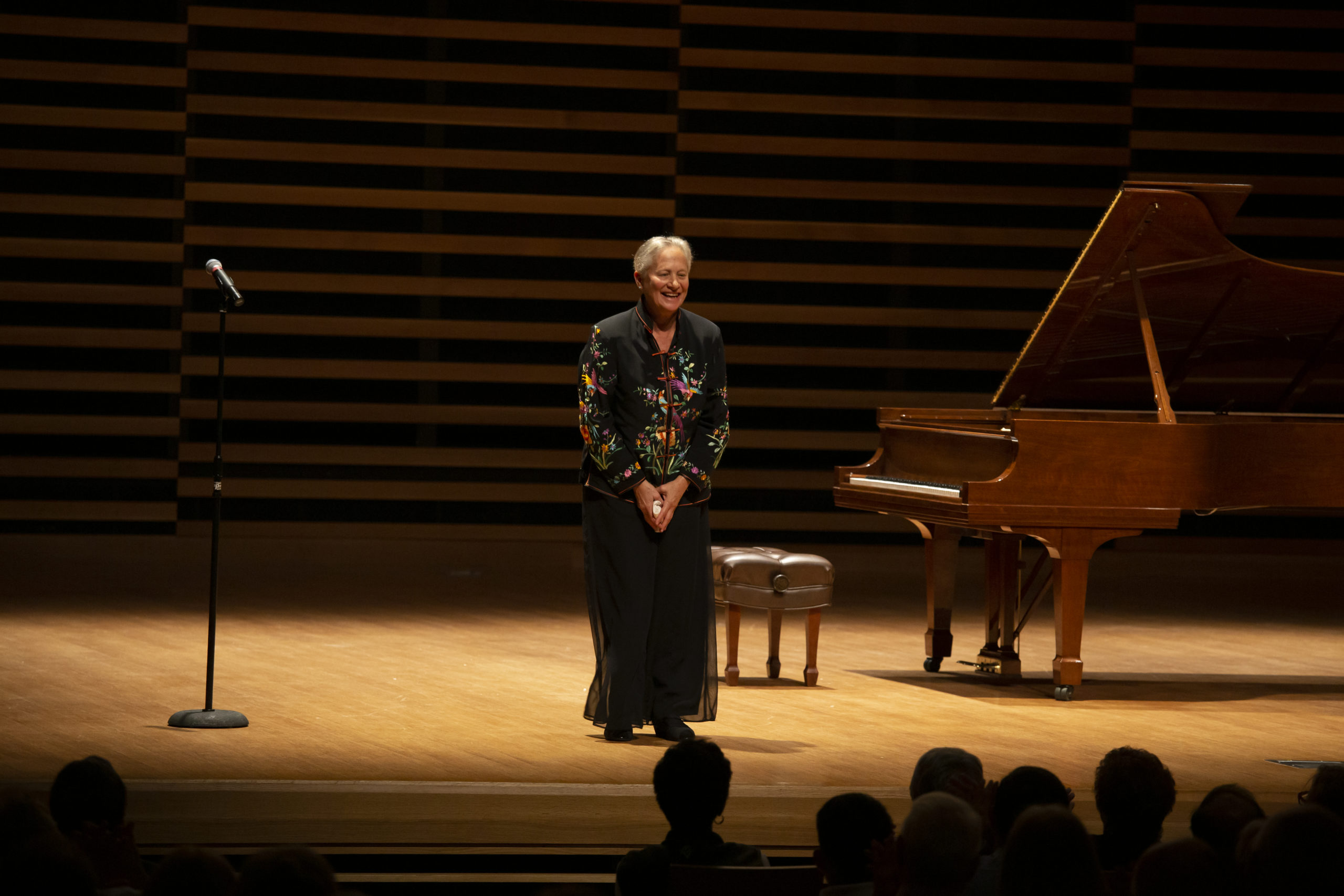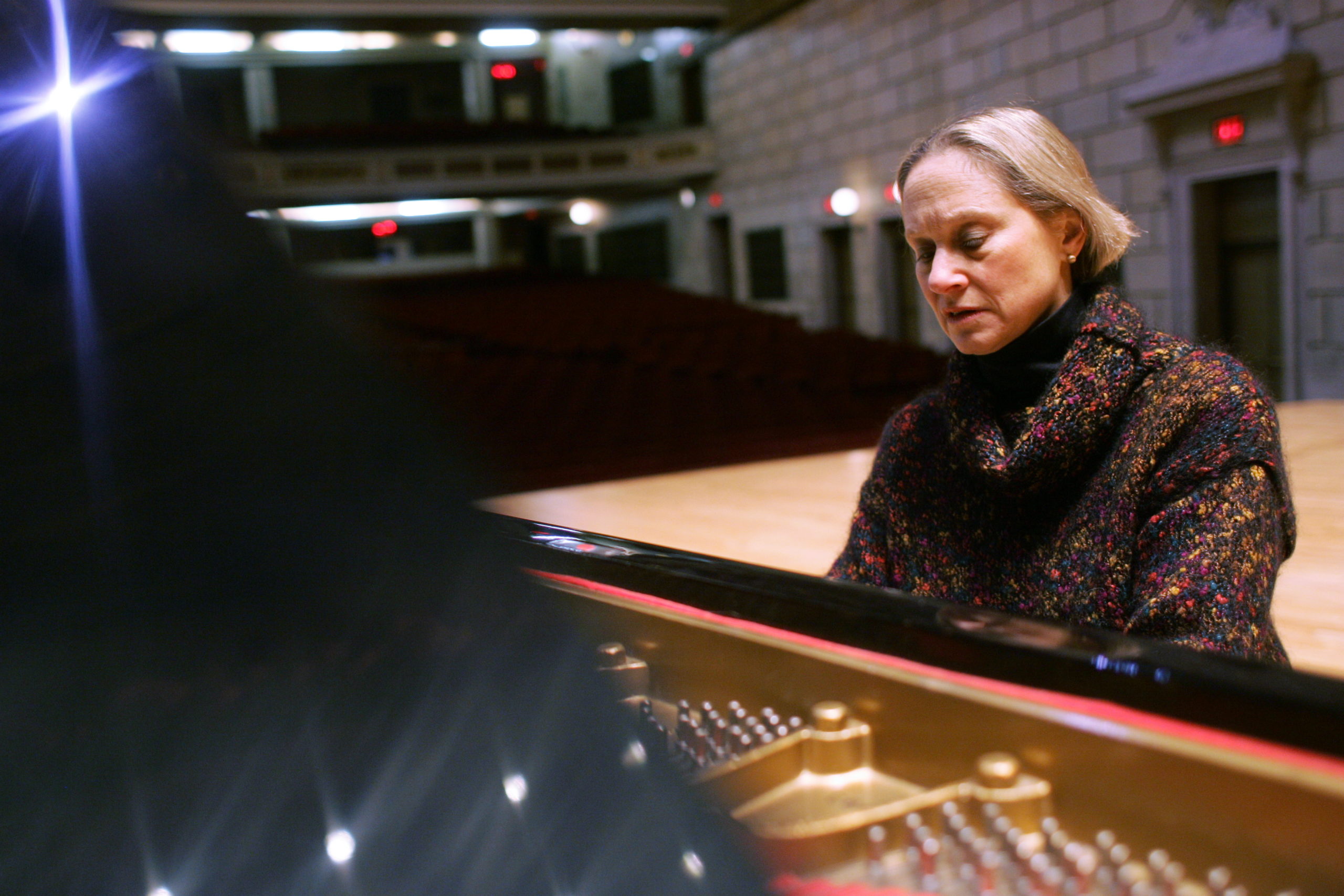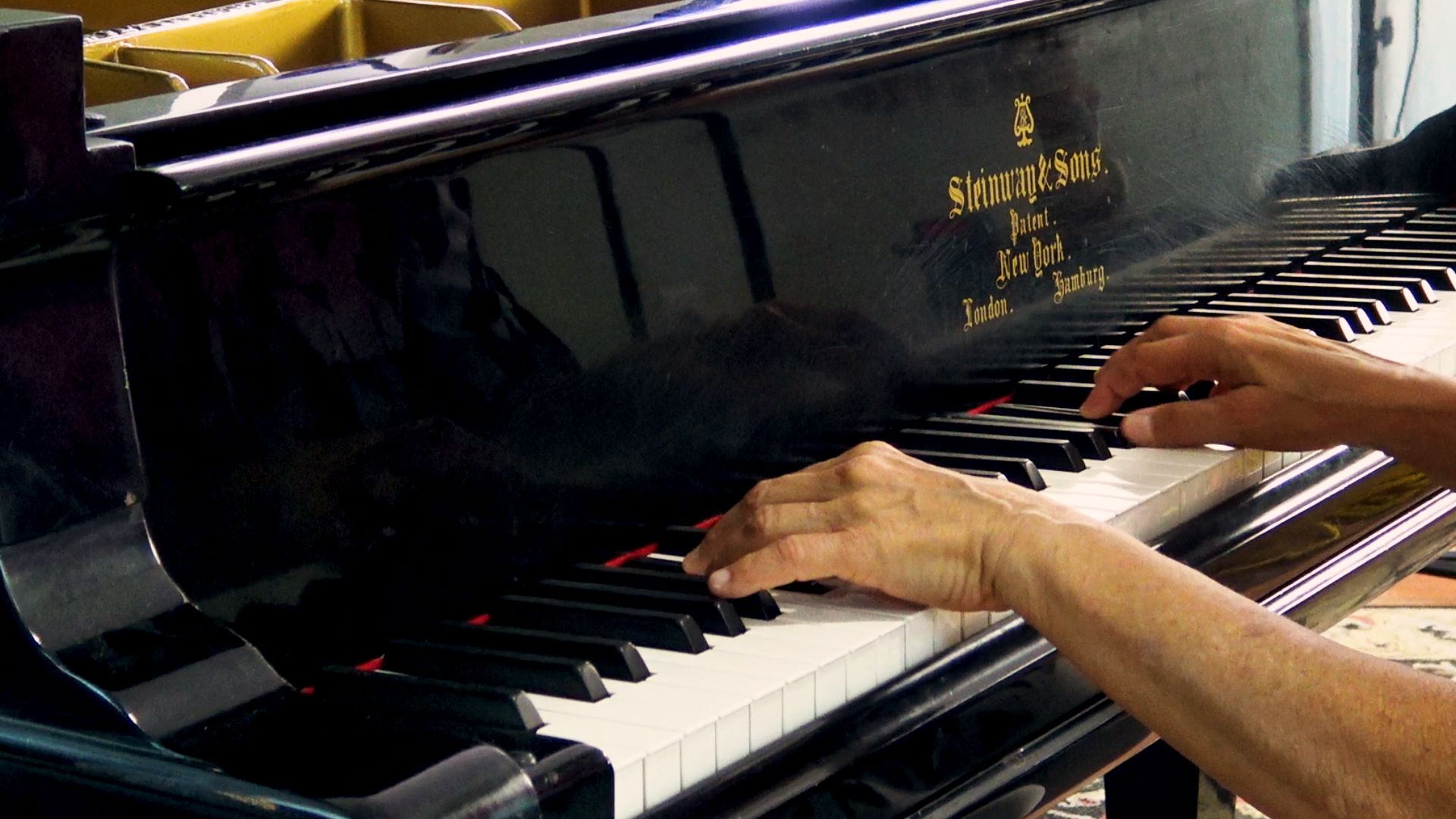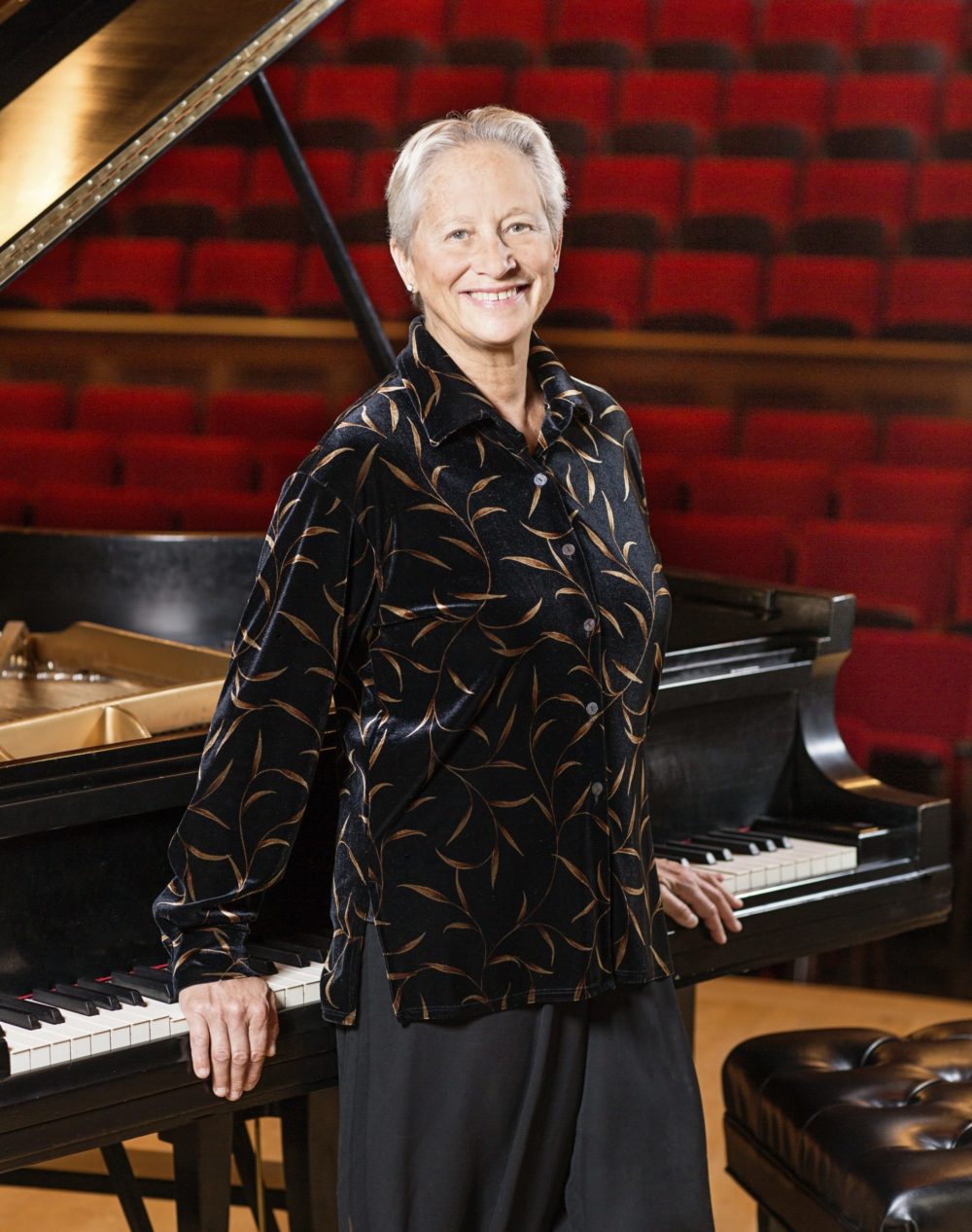Chicken Soup
Chicken Soup for Pianists – a little virtual book
I am blessed that family, friends, mentors, colleagues and current and former students gifted me a rich life path of nourishment and challenge. This little virtual book is dedicated to pianists and piano lovers everywhere with special hugs and help intended for sufferers of tendonitis, overuse, anxiety, and any other imbalances or ailments. On September 6, 2020 at the piano house, with the assistance of my iPhone and Shure microphone, I recorded myself and made informal comments as a way to keep busy and to be useful during the Covid-19 worldwide pandemic.
My Piano Family consists of
Areas of Love and Challenge
Breath, Feeling, Balance, Awareness & Habit
Included are informal thoughts & videos.
Music by Chopin, Mozart, Schubert, Ravel & Beethoven.
Context
For over fifty years, almost daily, I have observed and interacted with students and colleagues from every corner of the world. We speak in music, our mother tongue. Strong similarities permeate my consciousness, and when I close my eyes, I see a composite picture, the same way I see the sand, sky and sea as an open picture imagined and enjoyed at any moment. The more time I spend going inward and imagining, the more vibrant and helpful my picture becomes.
The students I see in my imagination and in real life are all beautiful and talented. Their common difficulties are beautiful too, as beautiful as any beach on earth. Their problems are like elements, the weather of the beach. They are soft and flexible like wind, water and sand, like human beings. But sometimes they feel hard because of their tremendous force. Difficulties are unavoidable. They are usually temporary. They exist because we are, like nature, alive and always in transition. If we teach ourselves well, the lessons we learn from unavoidable problems will not be everlasting. We don’t have to learn the same lessons over and over again.
Difficulties and problems fall into clumps and families. Injury, trouble and tragedy just happen. Everything, everyone endures them. When inner forces combine with outer forces of life things get blown around and messy, the way leaves randomly arrange themselves in fall. We intervene and rearrange ourselves, the way we rearrange the leaves in piles of varying sizes and shapes. We work internally and externally. We try to bring order and meaning. We contemplate beauty and usefulness. To do this we give up the absolute freedom to feel our desires, and we give no thought or opinion to the rest, to perspective and consequence.
Our lives reveal our attitudes. We can blame others and things, imagine how our life would be without problems and even discover their reasons. What is truly important is the attitude of rebuilding. The rest doesn’t matter. It is challenging to visualize obstacles in a happy context. We don’t often look at difficulties as a necessary apprenticeship. It is a wonderful opportunity to enter into ourselves and explore the world around us to see into our consciousness and our mind/body. For me, the path of building and rebuilding gives added dimension to my life. It’s like going on a journey without having to worry about necessities like money, food or travel comforts.
Throughout the world, in every country, there are different kinds of families that connect us through core relationships. Many families are in our chicken soup. Big families for pianists are Breath, Feeling, Balance, Awareness and Habit. Taken individually or as a cluster these families have positive and negative charges and tastes for each of us. When these families do not get along well tensions build up that impede happiness and efficiency. Sometimes they create illness. This often results in discomfort and tendonitis. Let’s examine these families to see how they relate to us as pianists. But let’s remember too that families represent big issues for all humankind.
We can all use a bit of homemade chicken soup.
The entire book is available on Kindle and on iBooks. The small fee goes to RPPF.
Breath
Every pianist is a singer, conductor and dancer, all interconnected. Let’s start with breath. Breath is like love. It liberates and confines. It is our birthright. We don’t get permission to do it. There is no life without breath. It is the first thing we do when we enter into this world. It is the last thing we do before leaving. We have great control over our breathing. We can make it fast, slow, short, long, shallow, or deep. Health professionals from all cultures tell us that erratic and insufficient breathing can make us uncomfortable, stressed and even sick. Anything with movement and energy is about good breathing. Yoga, meditation, dance, and sports all involve good breathing. Music comes from song. Breathing with music is not automatic even if we love music. Listen and feel your breath. If you make breathing a part of your life, you will notice benefits. You will be more in tune with yourself and the environment.
Feeling
The sounds of music that we cherish open pathways to love, health, and joy. Sound is the carrier of emotion. Sound creates understanding, inspiration and memory. Feelings are everywhere and always. They embrace us with meanings that are everlasting. We have so many feelings when we play. Some examples are love, sweetness, happiness, humor, surprise, discomfort, agitation, and sadness. Other kinds of feelings are sensations, such as touch, smell, taste, and sight. Through the keys we feel texture, temperature, pain, pressure, and sometimes even vibration. Awake or asleep we ebb and flow in a continuum of emotional beauty and magic. We can choose to feel or not to feel. If we feel, we gift ourselves flexibility. We are in motion, transition, or on a journey. But if we turn feelings off, we stiffen or freeze. We might feel safe. The price is being unresponsive to the miracle and uncertainty of emotion in every moment. In music we need to be open, to tune-in, and to stay far away from empty routines. Each day of practice or playing is unique and has its own destiny, like any bouquet of fresh-cut flowers. Feelings inspire learning and creativity. Just as in breathing, the goal of feeling music and feeling the piano is to combine the composer’s and your own feelings.
Balance
The Dead Sea, located in the desert in southern Israel, offers the best float experience. The buoyancy there erases gravity. Relax into perfect balance. Floating. This is how piano feels to me. No strain. No stress, just beauty, health and healing. Balance in piano assumes a superior coordination. The feeling of ease, flow and flexibility improves health, performance, and reaction time; it prevents injury. Like a dancer, we control all bilateral movements. Even in stillness there are tiny unseen movements needed to maintain balance. Moving smoothly and efficiently strengthens balance. We find this effortless equilibrium by coordinating our physical motion in relation to the inherent mechanical and emotional time and space in any piece. We transfer weight or use subtle pressure using timed contraction and release. When we begin to play, we set ourselves in motion until after the double bar. Balance nurtures energy and expression through specific movement.
Awareness
Emotion and feeling do not always create awareness. It lives beyond any instruction video. So, what is it? Awareness resides in your personal space, at the juncture of your inner and outer world, where revelation lives. It speaks through your inner voice. It is your third eye, sixth sense, that “a-ha” moment. Awareness is not inevitable. It has to be nurtured and cultivated. It is a mix of breath, feeling, balance, and our perceptual sensibility. It is an orientation that is open and free of competition. Really reaching inside and listening carefully is where magic happens –in that space. The sea easily wakes us into awareness and captures equilibrium in stillness and movement. Listening to the sea creates a still point — experiencing space in time, and time in space. The sea is itself, full of color, grace, beauty, power and it is that powerful sense of freedom that holds us in awe. Somewhere in between your dreams and wakefulness you are good at being you. Everyone is authentic. Magic happens on the path of self-discovery and possibility.
Habit
There are good and bad habits. There are good and bad instincts. When we learn, we incorporate all kinds of conscious and unconscious patterns, feelings, movements and ideas. They may not be our best choice, but they are just there. It is very common to learn a few wrong notes or rhythms. As we refine our passions, we usually feel the need for change based on increased awareness. This process is a natural and enjoyable metamorphosis, except when those places that act like stains do not come out! Good advice for change is to substitute meaning on all levels so that awareness is heightened at that spot. Change requires remembering to make that change. A multi-level cue or prompt works best. Memorization and habit are closely related. Mind-body meaning occurs with breath, feeling, awareness, and balance. In performance stuff happens, and so recovery and resilience are essential. Their success is dependent on deep learning skills. Remember that to be inspired means connecting with gifts of possibility and those gifts are at the juncture of inward and outward awareness.
